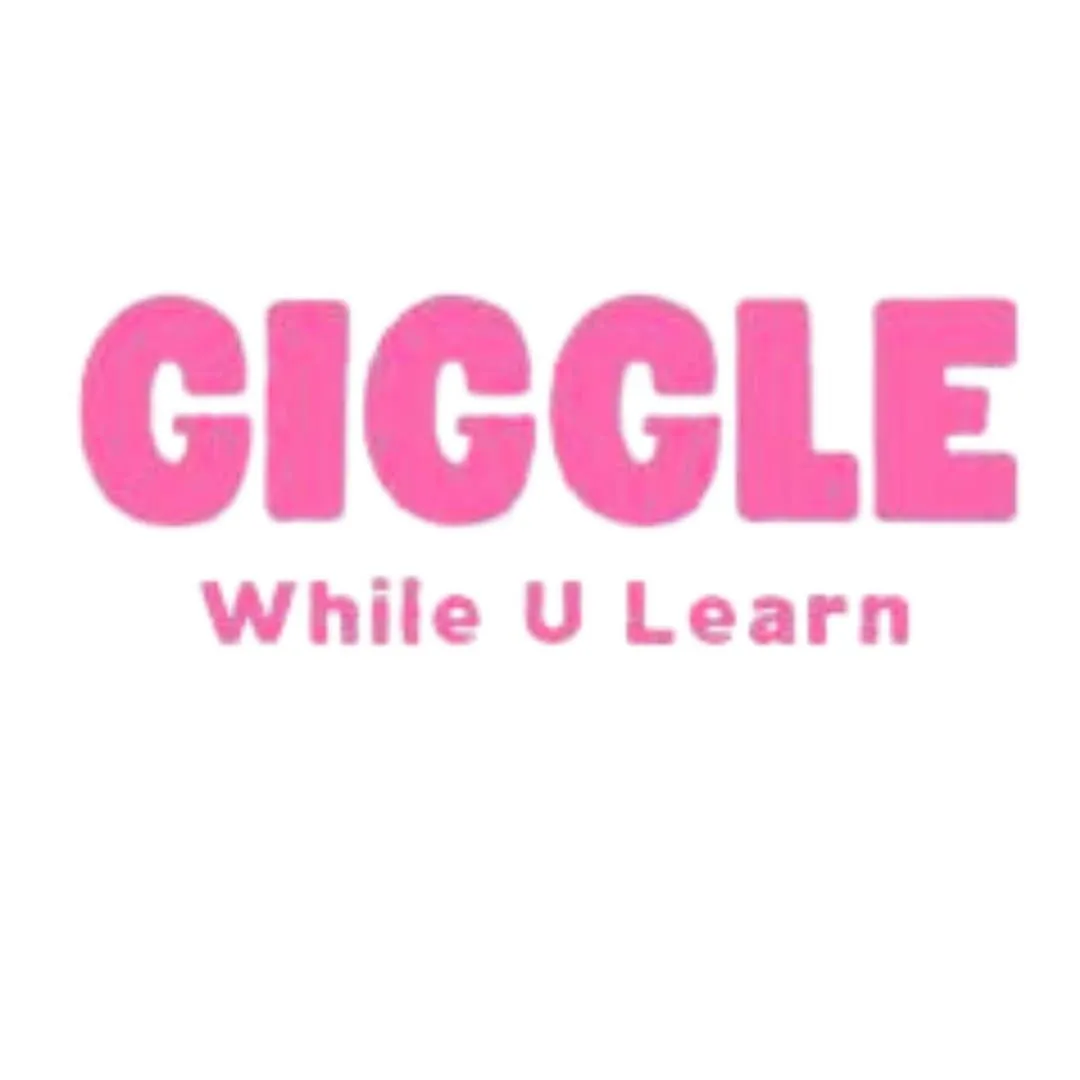
Improve Your Child’s Communication Skills Through Play
Do you ask for what you need? 🤔
Children and dogs usually express themselves when they need something. A baby may cry, and a dog will bark, hover around you, wag its tail, you get the gist.
Basically, they communicate what they need, when they need it.
But sometimes, as adults, we expect people to read our minds and know what we need. That is practically impossible, especially because most of the time, we haven’t figured that out ourselves!
The best time to start improving our communication skills is basically from birth. But the problem is, as we grow from children to teenagers to adults, we can sometimes lose grip on the importance of communication and how to effectively communicate our needs with others.
What do we need to do to help develop our communication skills? And what is the best way to help improve our child’s communication most effectively?
Develop Communication Through Play
We often think learning can only happen in a specific way. For example, children all sat at a desk with a pencil and paper. As a home ed teacher with 25+ years of experience (and a neurodivergent brain), I have always found the most enjoyable way to learn and teach is through games.

Fortunately, I am not alone in thinking this way. Jim Kwik, the #1 brain coach, has a lot of stories about this and explains the science behind it much better than I can.
Watch his short video 3 Brain Games for Lifelong Health and Learning.
As Jim Kwik emphasised, puzzles are great games to help children with their emotional and communication skills. Puzzles put your child’s mind and body to work. There are many benefits of puzzles for children (and adults). One research article touches on how puzzles help your child develop.
Puzzles help children to:
Develop your child’s fine motor skills and improve their hand-eye coordination.
Improve your child’s ability to concentrate and stay focused on one task at a time.
Feed your child’s brain, especially their mathematical thinking.
Enhance your little one’s visual perception and eye for details.
Teach social skills, empathy, and communication skills when playing with others.

Improve Your Child’s Communication Skills with Puzzles
My grandma loved crossword puzzles. She was fantastic at them! She was good at those intense number puzzles, too. She tried to teach me, but I could never get the hang of it. When I was older, I came across a magazine that gave a resource on where to find the clues. I found that more appealing and interesting, and I realised I could create puzzles that are fun, and appealing, and help build communication skills. So the crosswords I have created are not traditional lateral thinking. However, they have all the brain benefits of your typical puzzles.
A parent requested crossword puzzles to help her daughter with making English more fun. So I decided to rise to the challenge! As each child has their own ability, it is quite difficult to label the age group for the puzzles. The puzzles in the Shop are all dependent on the child/adult’s ability and interests rather than age.
The answers are all found in the Bible verses mentioned. You can determine if your child needs help reading/understanding the question clues and identifying the correct word that will fit in the puzzle.
The games and puzzles in our Shop help build connection through play, and they also make learning more fun!

(New World Translation of Holy Scriptures has been used to create the words for the crossword puzzles. Other translations may differ in their word usage. Visit www.jw.org for an online copy to use with the puzzles)
If there are any puzzles or specific topics you would like to see in our Shop, please send me a message through our Contact Us form, we always reward messages with a discount voucher 🎁.
Let’s break the mold of "traditional learning" for our children AND for ourselves.
Happy Learning! 😎
Don't miss out on the latest updates

© 2025 Serena's Cre8ive Solutions Powered by Freedomkit.ai
